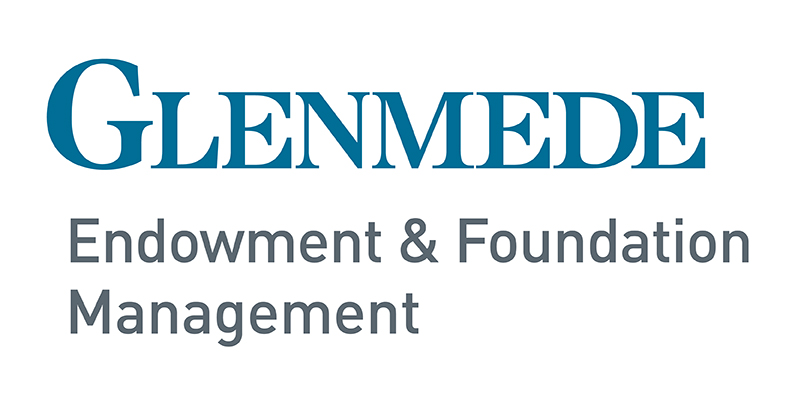By Nina Cohen
During times of organizational stability and favorable investment markets, it is easy to become content and simply “let the good times roll.” Over the past ten years, many investors have enjoyed substantial investment returns but may be unaware of risks or concentrations within their portfolios. Now might seem like an odd time to initiate transition planning, leadership succession or consider changing an investment strategy. During these periods, however, it is important to look toward the future.
Change Impacts an Entire Organization
Navigating periods of transition can be difficult and overwhelming, especially in the event of an unexpected change. At nonprofit organizations, change can affect everyone from staff, Board and committee members, to beneficiaries and grantees. It is important for those involved to understand what may trigger a transitional period, what to do when one occurs and how an outside advisor can help streamline and simplify transitions.
Types of Transitions
Transition periods typically fall into three general categories and can be prompted by one or more events, as detailed below
Liquidity Events
- Large bequest, donation or private asset sale
- Downsize or sunset
- Diversification of concentrated positions
Investment/Administration
- Model Changes
- Change in mission or investment objectives
- Lack of compliance with policies or regulations
- Need for third-party expertise
- Increased complexity
Leadership Changes
- Key staff, investment committee or Board member turnover
- Governance issues
- Need for continuity of information or processes
Creating an Action Plan
Whether an organization is currently experiencing a transition or considering significant change, it is important to have an action plan in place. Taking the time to establish a transition plan allows the organization to consider a variety of scenarios ahead of expected or unexpected change, thus limiting the organization’s vulnerability.
Many nonprofit organizations develop leadership succession plans, but often overlook how other scenarios — such as a considerable increase or decrease in assets or change to the investment objectives — may affect their organization.
A period of transition influences all areas of an endowment, foundation or nonprofit organization. Along with leadership succession plans, protocols should also be developed for how investment policies and procedures, tax and legal responsibilities, grant-making, and reporting requirements might change during a transition.
Partnering for Expertise
Without proper planning, an unexpected change in the organization’s asset size can quickly turn from a dream to a nightmare. The best advisors have expertise in addressing the intricacies of transition-related investment and advisory matters. While many advisors can manage a basic investment portfolio, fewer are equipped to manage and administer sophisticated investment strategies and risk management, provide audit and staff support, or advise on strategic grantmaking, governance issues, and leadership transitions.
Experienced advisors deliver more than just investment results. As a neutral third party, an advisor can help to maneuver complicated family dynamics or Board and regulatory issues. Moreover, the ability of a third-party advisor to provide continuity of information and advice over time is invaluable and allows Board members and staff to concentrate with confidence on their philanthropic mission.
The right partner truly understands nonprofit organizations, is accountable and aware of the potential organizational challenges, and is able to make the transition process manageable for everyone involved.
Nina Cohen is Managing Director, Director of Endowment and Foundation Advisory, at Glenmede. Independent and privately held, Glenmede was founded in 1956 to serve in perpetuity as the investment manager and trustee of the Pew family’s charitable interests—The Pew Trusts. Today Glenmede provides highly customized investment services to endowments, foundations, institutional entities, and high-net-worth individuals and families. Glenmede also provides customized administration, grants management, and advisory services to foundations and other nonprofit organizations. For further information, please contact Nina at 215-419-6722.
This article is intended to be an unconstrained review of matters of possible interest to Glenmede Trust Company clients and friends and is not intended as personalized investment advice. Advice is provided in light of a client’s applicable circumstances and may differ substantially from this presentation. Opinions or projections herein are based on information available at the time of publication and may change thereafter. Information gathered from other sources is assumed to be reliable, but accuracy is not guaranteed. Outcomes (including performance) may differ materially from expectations herein due to various risks and uncertainties. Any reference to risk management or risk control does not imply that risk can be eliminated. All investments have risk. Clients are encouraged to discuss the applicability of any matter discussed herein with their Glenmede representative.



